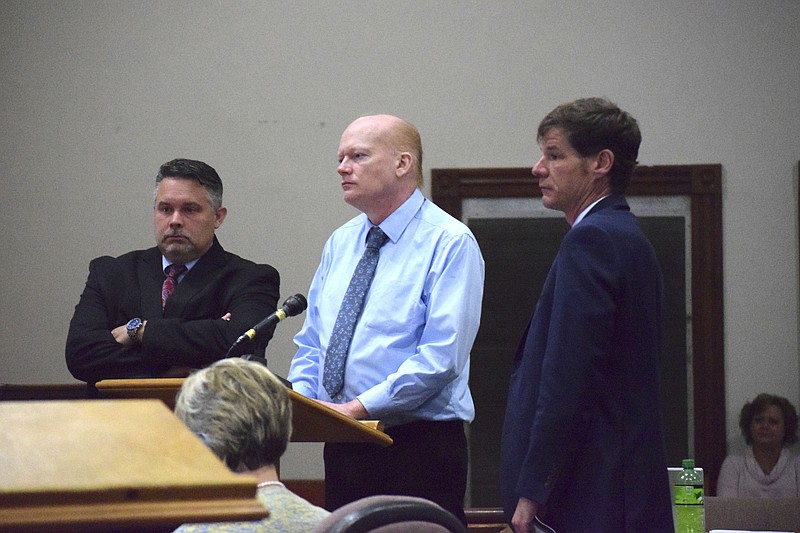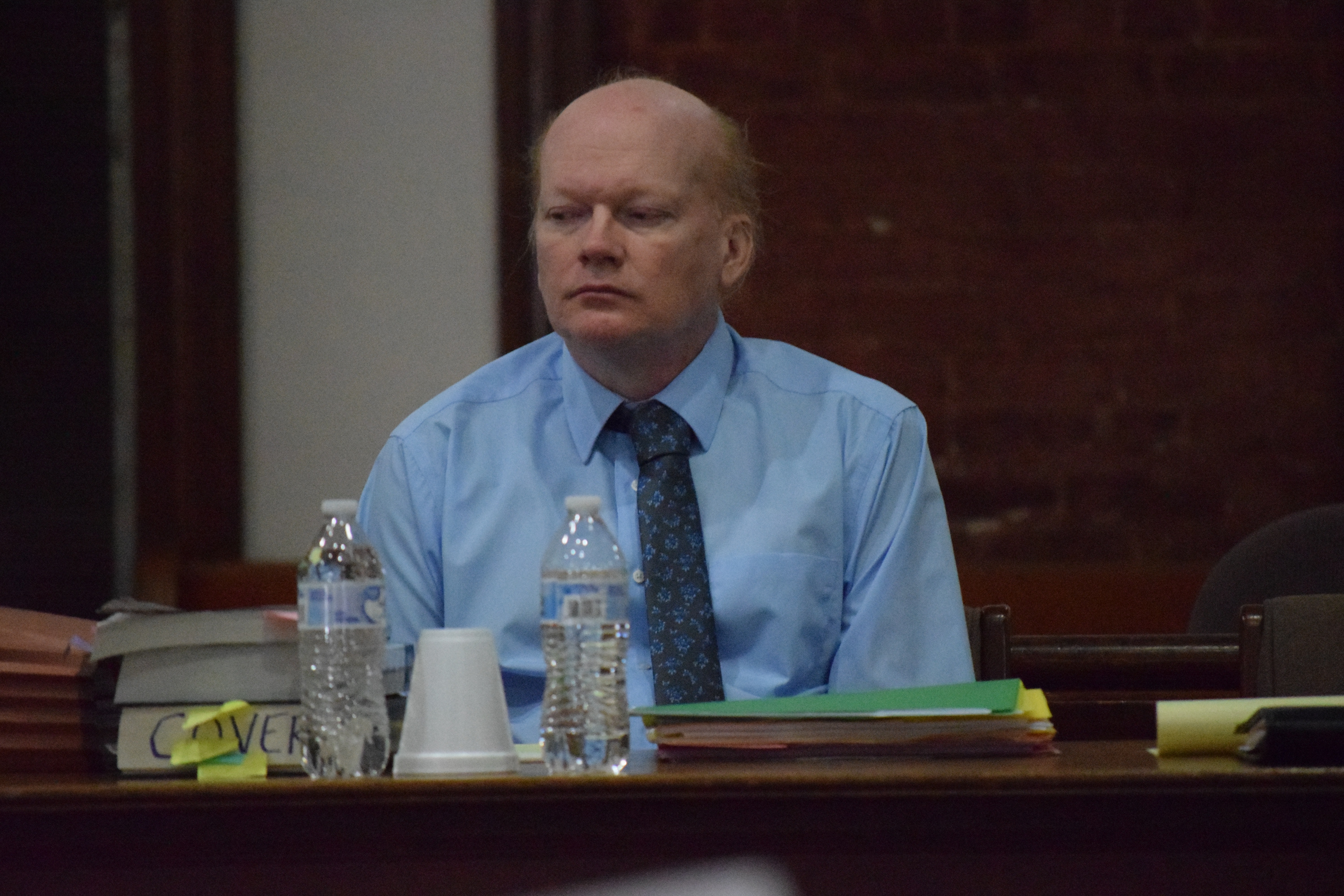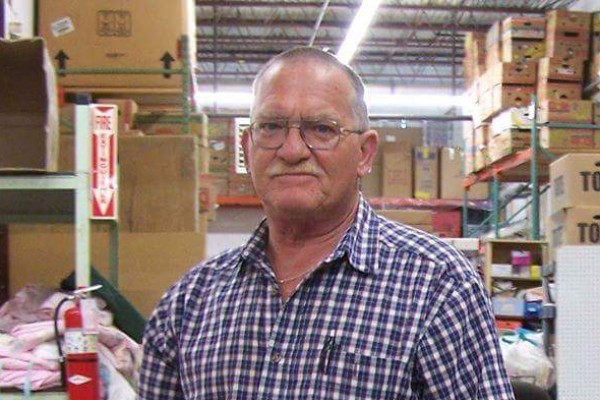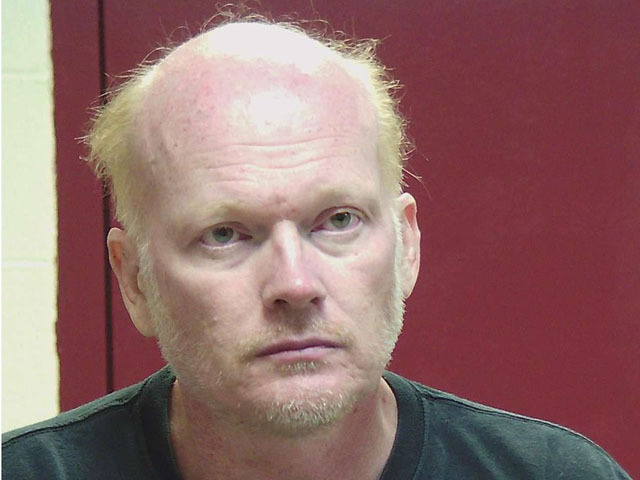DAYTON, Tenn. - It took only three hours for a jury of six women and six men to return a guilty verdict for a man charged with first-degree murder in a 2016 hit-and-run.
Douglas Edward Alvey, 53, charged in the Sept. 6, 2016, incident that left 60-year-old Walter R. Hale with fatal injuries, was found guilty of first-degree murder and leaving the scene of an accident.
Alvey, who was allowed to sit with family members at the defense table while the jury deliberated, was originally charged in September 2016 with criminal homicide, but a Rhea County grand jury issued an indictment in January 2017 upgrading the charge to first-degree murder. Alvey remained behind bars after his arrest on a $400,000 bond.
The trial this week in Rhea County Criminal Court was presided over by Circuit Court Judge Justin C. Angel and jurors consisted of a Sequatchie County panel of residents who were selected in Dunlap on Tuesday. The jury was drawn from the neighboring county over concerns that a Rhea County jury would have too much exposure to media coverage of the case.
Attorney General Mike Taylor and Assistant District Attorney David Shinn of the 12th Judicial District tag-teamed closing statements, with Shinn going first, followed by Clancy Covert giving the defense's closing statement to jurors. Taylor gave the state's second closing statement. The state, which has the burden of proof in a criminal trial, gets a second statement to rebut the defense's statement.
Covert was teamed with defense attorney Lee Ortwein.
In his closing statement, Shinn focused on "choices" made by Alvey the day of the incident and pointed to his actions in the moments that passed behind the We Care Thrift Center on Market Street when Hale was struck with Alvey at the wheel.
Shinn noted that Alvey's 2000 Ford Ranger pickup truck had a five-speed manual transmission that requires a dedicated decision to begin moving and to accelerate or change gears.
"He drives that truck straight at Mr. Hale," Shinn told jurors. "He's having to think about what he's doing. He's shifting gears. He makes a choice to hit Mr. Hale and he makes a choice to accelerate.
"He has to be shifting gears, pushing that clutch, while Mr. Hale is facing him at the windshield," Shinn said, noting that video evidence shows Alvey's truck brake lights come on as he backs up and stops before throwing something out of the bed of his truck into the store's parking lot by a rear loading dock. But as he pulls away, hits Hale and continues, his brake lights never come on, Shinn said.
Shinn said Alvey showed no concern for Hale because he intended to kill him.
"Once he slings him off the hood, does he stop? No, he doesn't render aid - why would you render aid when you wanted to kill him?" Shinn said.
Shinn said the video showed Hale trying to step out of the way and that Alvey turned toward him.
But Covert, in his closing statement for the defense, immediately attacked Shinn's assertion that Alvey turned toward Hale, saying the video showed Hale stepping into the path of Alvey's truck and when Alvey turned to avoid him, Hale stepped into the truck's path again.
Covert told jurors Alvey had never seen Hale before - earlier testimony placed Hale outside eating lunch in his truck while Alvey was shopping inside - and had no animosity toward him when they encountered each other.
Covert said there had been no proof of any intent on Alvey's part to kill Hale as he ticked off elements that supported a charge of first-degree murder and then went down through the eight lesser-included offenses of which the jury could instead find him guilty in its verdict.
When Covert reached the lesser offense of reckless homicide, he stopped.
"Reckless homicide. My client is guilty of reckless homicide," Covert told jurors. "Should he have stopped? Yeah."
Covert noted that Alvey left the scene and was also guilty of that charge.
"This is reckless homicide. There is no proof to indicate otherwise," he said.
When Taylor took his turn at the jury for the state's final closing statement, he said Alvey's lawyers wanted them to believe that Hale was "a lunatic" who would willingly step in front of a truck.
Taylor speculated that Hale stopped eating lunch and got out of his car to call Alvey out for dumping the item out of his truck into the parking lot. Taylor said Alvey made a decision to run Hale over and flee.
"You don't run over a man and not know what you're doing," Taylor told jurors.
After the verdict, an Alvey family member broke down in tears and was led from the courtroom.
Taylor said he was pleased with the verdict.
"I hope this brings some closure to the Hale family, and that includes Mr. Hale's daughter and her family," Taylor said.
Hale's daughter, Valerie Hale, said after the courtroom had been cleared that she was satisfied with the jury's verdict.
Valarie Hale, who was working at the thrift store when her father was hit by Alvey's truck, said she felt "excitement" and "relief" with the conviction.
"He was a good man. He was a hard worker," she said. Asked if she could say something to Alvey, Valerie Hale said she would ask, "Why?"
"All I can do is pray for him to repent," she said.
A sentencing hearing is set for May 31 to impose the sentence on the murder charge and on the leaving the scene of an accident conviction. A conviction in Tennessee for first-degree murder carries a mandatory life sentence with the possibility for parole.
Contact staff writer Ben Benton at bbenton@timesfreepress.com or 423-757-6569. Follow him on Twitter @BenBenton or at www.facebook.com/benbenton1.



